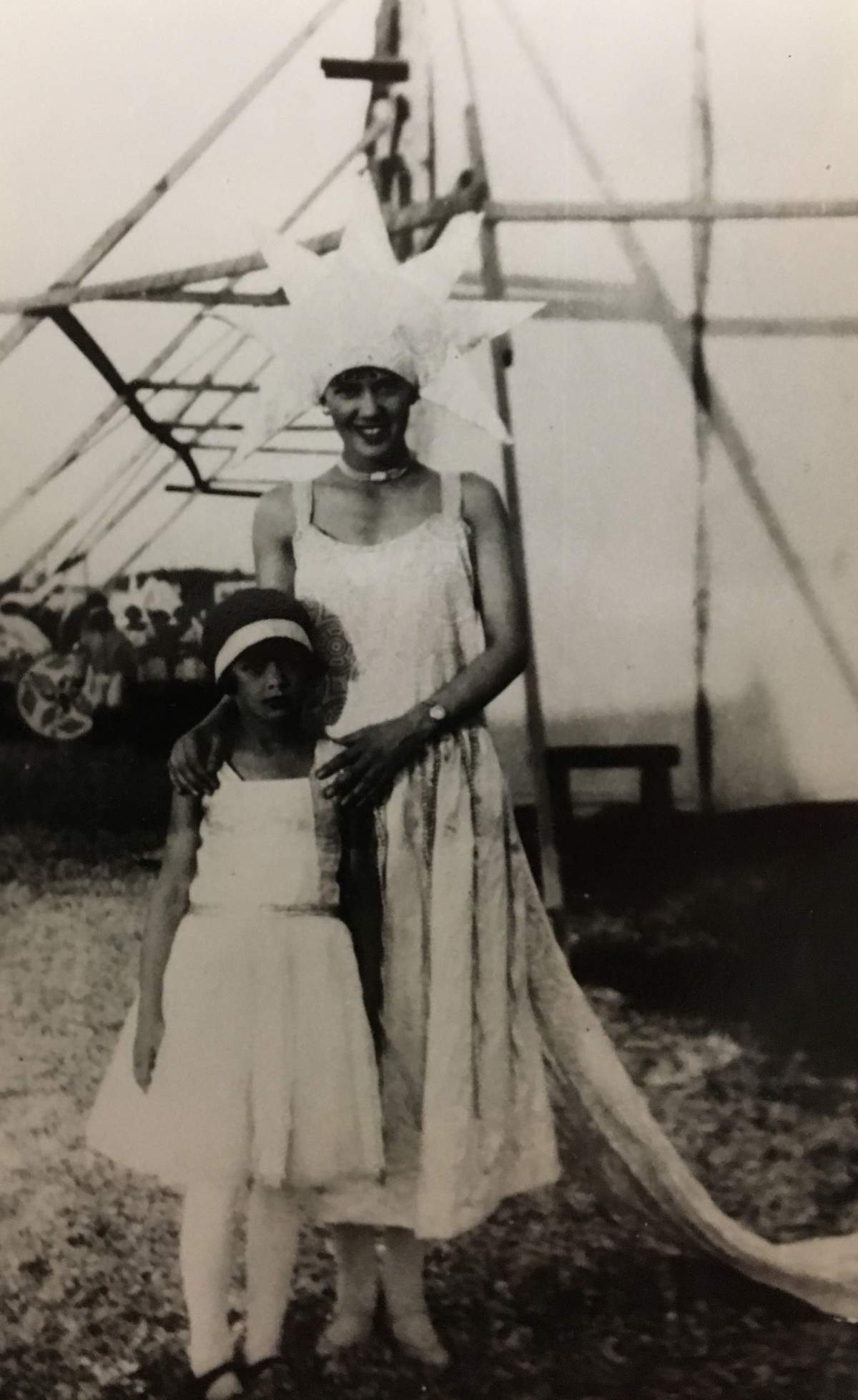Happy New Year. Welcome to the ’20s. I know. It doesn’t quite sound right, does it?

“I think of the 1920s,” says Mikayla Morrison. “I think of the flapper girls and the speakeasies. I don’t think it’s right now.”
At the table next to Morrison, Allison Rose says, “It’s crazy. It always seems so far away.
“I think we’re going to be roaring again. We’re going to find our roar.”
Both Morrison and Rose consider the new ’20s while sitting in a lounge reminiscent of the old one.
They’re in Alchemy, one of Edmonton’s newest bars. It’s a speakeasy. A hostess greets guests and pulls back a giant shelf laden with old books and 100-year-old clocks.
Guests walk in to the dimly lit room and sit on leather couches surrounded by art deco fixtures and candles. Floral wallpaper covers the walls. Out the floor-to-ceiling windows, guests gaze upon the newest additions to Edmonton’s expanding skyline.
General Manager Kyle Stefanato feels it’s the perfect place to reflect on the last century and what’s to come.
“There’s a great balance of past and future,” says Stefano. “At one point, these particular speakeasies were illegal so there’s a sense of adventure, for sure.”
The 1920s was an iconic decade.

Get daily National news
The Great War had just ended. Technology changed the world. Magazines, telephones, movies and the radio connected people in ways that never happened before.
Women, who had been holding down the home-front during the First World War rejected outdated views of femininity.
They cut their hair, shortened their skirts, put on nylons and even smoked in public.
Despite prohibition, the so-called “new woman” danced the Charleston to jazz music in hidden bars.
It was a time of optimism and growth; a decade of rapid social evolution, if not revolution.
Tom Long and Laura Nichol know the ’20s very well. They both work at Fort Edmonton Park. Their jobs are to help visitors understand the period.
“Women are shortening skirts, we’re cutting off our hair. We’re taking on new roles in society because of the freedoms we’ve earned,” Nichol says.
“There’s a lot more connection and communication that allows these new ideas to spread.”
Nichol and Long point out new radios, movie theatres and magazines shared this world with Alberta but few could afford that life, at first.
“A lot of the images we’ve seen are from the States. It’s that Roaring ’20s flappers, dancing, drinking, fun,” says Nichol.
Long described the decade as “roaring by the end of the ’20s but grunting maybe at the beginning.”
In fact, the very beginning was awful.
One out of every seven men who served in the First World War didn’t return home. After the war, the Spanish Flu killed another 30,000 to 50,000 Canadians.
Drought made life even more difficult for Albertans. Agriculture was at the heart of the local economy. In addition to the drought, a new U.S. government imposed tariffs on Canadian agricultural products, making it more difficult to get our commodities to market.
New radios and movie theatres meant Albertans could hear and see what was happening elsewhere but many didn’t share in the prosperity. They did keep working, though.
“They feel less constrained by the traditions of the East,” says Long. “There’s this feeling the Old World has failed us. The New World is coming and it’s up to us to build it.”
As different as that world may have been, Long points out there are parallels between the 1920s and the 2020s.
“I think there’s that same frustration over old ways. I think the turn of any decade is the time when you look forward and see what you can leave behind from the past.”
In Alchemy — located on the fifth floor of the JW Marriott hotel in the ICE District — those welcoming the new decade also see comparisons to the old.
“I think for me, especially with everything that’s happening with the ‘Me Too’ movement and knowing the 1920s feminist movement that happened then, I think it’s really time for the power of women,” says Allison Rose.
“It’s been 100 years but we’re still back to a lot of issues that we were dealing with back then that are resurfacing but I feel we’re now in a better position to deal with those issues.”
It’s that optimism and excitement over what’s coming that really links the two eras.
“We went through a lot of really crappy stuff,” says Mikayla Morrison. “But 2020, it’s all going to change for everyone.”
Rose talks of “reigniting the roar of the 1920s and bringing it into the 2020s. I’m optimistic for the future.”
A future she hopes re-defines “the ’20s.”









Comments